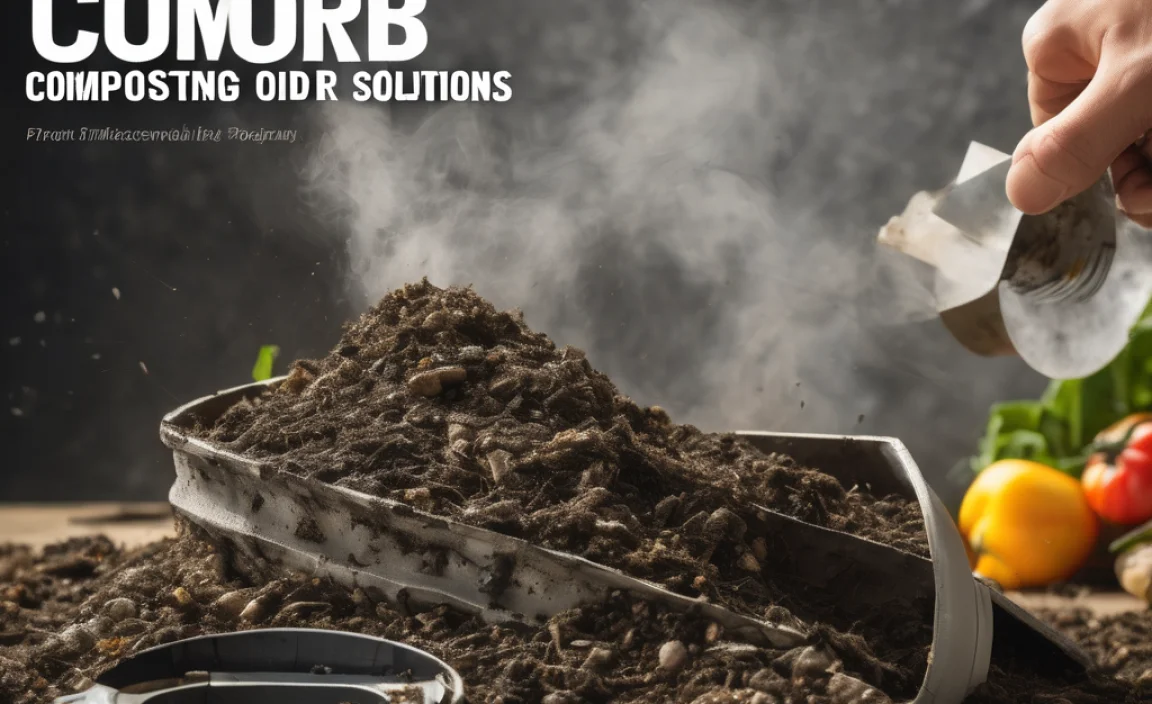Quick Summary: Generally, toilet paper is not eligible for reimbursement with a flexible spending account (FSA) or a health savings account (HSA). These accounts are designed for medical expenses, and toilet paper is considered a personal hygiene item rather than a medical necessity. There might be exceptions if your doctor prescribes it for a specific medical condition, but this is rare.
Ever wondered if you could use your FSA to buy everyday items like toilet paper? It’s a common question, especially when trying to make the most of your health benefits. Many people find the rules around FSA eligibility confusing. You’re not alone if you’ve scratched your head trying to figure out what qualifies. The good news is, I’m here to help break it down. We’ll explore the ins and outs of FSA eligibility and why toilet paper usually doesn’t make the cut. Keep reading to get the full scoop!
Understanding Flexible Spending Accounts (FSAs)
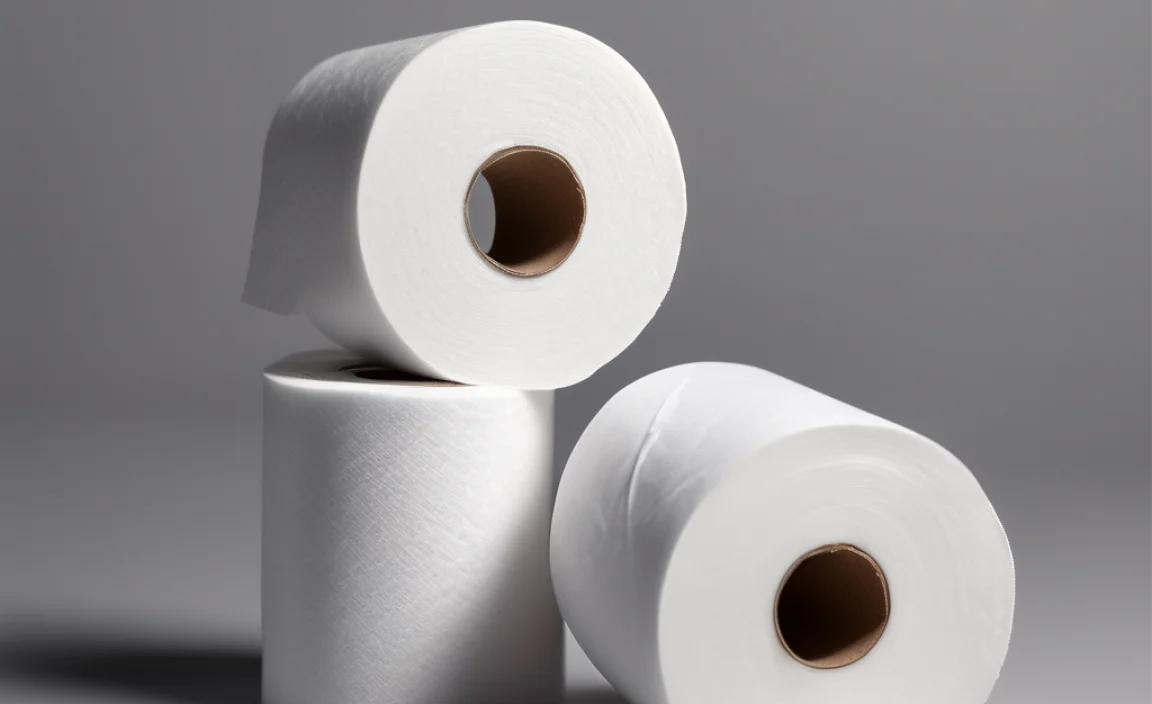
A flexible spending account (FSA) is a pre-tax benefit account used to pay for eligible healthcare expenses. Think of it as a special savings account just for medical costs. This account is usually offered through your employer, and you decide how much to contribute each year. The money you put in is deducted from your paycheck before taxes, which can save you a good chunk of change.
How FSAs Work
Here’s a simple breakdown of how FSAs work:
- Enrollment: Sign up for an FSA during your employer’s open enrollment period.
- Contribution: Decide how much to contribute for the year, up to the IRS limit.
- Pre-tax Deduction: The amount you choose is deducted from each paycheck before taxes.
- Eligible Expenses: Use the funds for eligible medical, dental, and vision expenses.
- Reimbursement: Submit claims with receipts to get reimbursed for your expenses.
- Use-it-or-lose-it Rule: Most FSAs have a “use-it-or-lose-it” rule, meaning you must use the funds within the plan year, or you’ll lose them. Some plans offer a grace period or allow you to carry over a certain amount.
Common FSA Eligible Expenses
Knowing what you can use your FSA for is essential. Here are some common eligible expenses:
- Doctor visits and co-pays
- Prescription medications
- Dental and orthodontic treatments
- Vision care, including glasses and contacts
- Over-the-counter medications (with a prescription)
- Medical equipment, like wheelchairs or walkers
- Mental health services
- Physical therapy
Toilet Paper: Is It FSA Eligible?
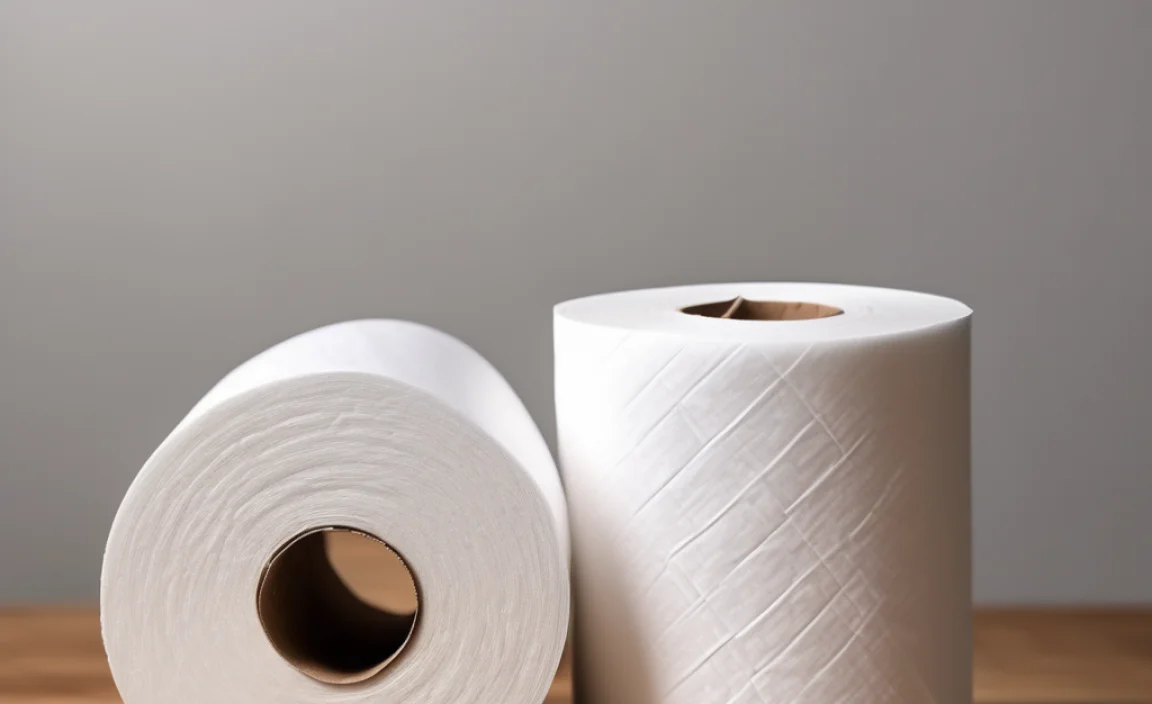
Now, let’s get to the burning question: Is toilet paper FSA eligible? The short answer is generally no. Toilet paper is typically considered a personal hygiene item, not a medical expense.
Why Toilet Paper Is Usually Not Eligible
Here’s why toilet paper doesn’t usually qualify for FSA reimbursement:
- Not a Medical Necessity: The IRS defines eligible expenses as those for medical care. Toilet paper is considered a basic necessity rather than something specifically used to treat a medical condition.
- Personal Hygiene Item: FSAs are designed for healthcare costs. Personal hygiene items like soap, shampoo, and, yes, toilet paper, usually aren’t covered.
- Lack of Medical Purpose: Unless you have a specific medical condition that requires a particular type of toilet paper (and a doctor’s note to prove it), it’s unlikely to be approved.
Exceptions to the Rule
While it’s rare, there are a few exceptions where toilet paper *might* be FSA eligible:
- Doctor’s Prescription: If your doctor prescribes a specific type of toilet paper for a medical condition (like severe hemorrhoids or a skin allergy), you might be able to get it covered. You’ll need documentation from your doctor.
- Medical Condition Requirement: If a medical condition necessitates a particular brand or type of toilet paper, you may have a case for reimbursement with proper documentation.
However, these exceptions are highly specific and require solid proof from a healthcare provider.
Understanding FSA Eligibility Rules
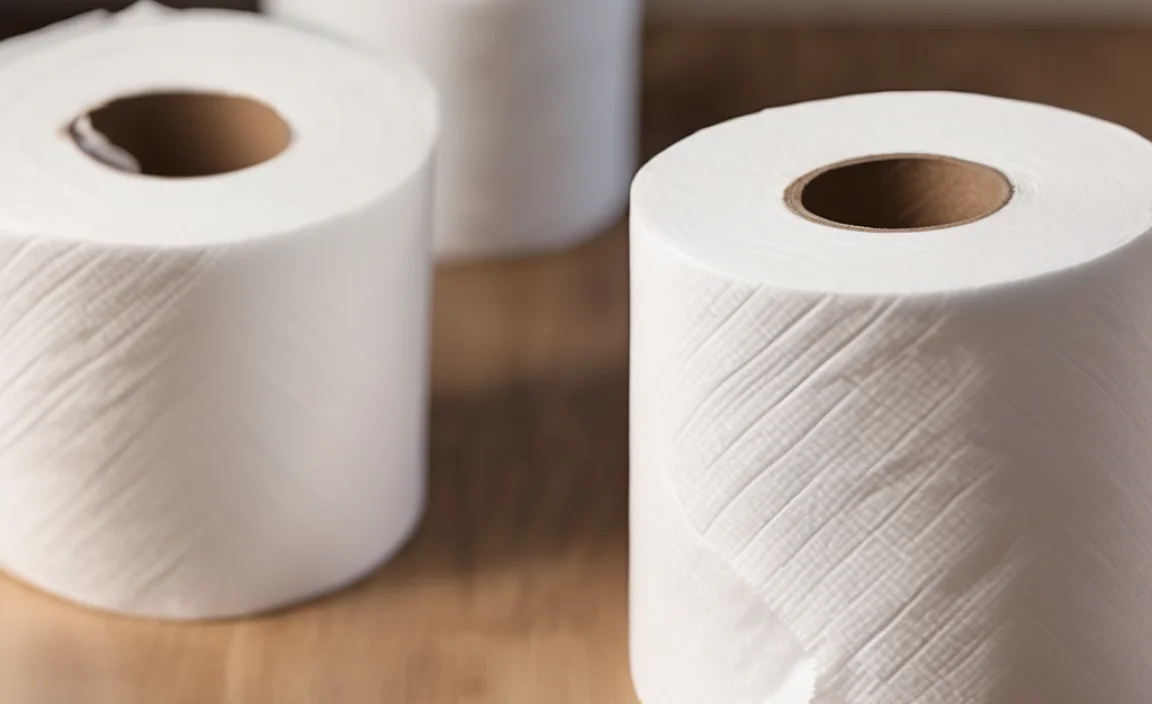
To better understand why certain items are FSA eligible and others aren’t, let’s delve into the rules and regulations set by the IRS. These guidelines determine what qualifies as a medical expense.
IRS Guidelines on Medical Expenses
The IRS defines medical expenses as costs for the diagnosis, cure, mitigation, treatment, or prevention of disease, or for the purpose of affecting any structure or function of the body. This definition is quite broad, but it’s also specific.
- Diagnosis and Treatment: Expenses must be related to diagnosing or treating a medical condition.
- Preventative Care: Preventative measures, such as vaccinations and check-ups, are typically covered.
- Necessity: The expense must be necessary for medical care.
Commonly Confused Items
Many people get confused about what’s eligible. Here are some commonly confused items and their eligibility status:
- Sunscreen: FSA eligible because it prevents skin cancer.
- Band-Aids: FSA eligible for treating minor cuts and wounds.
- Contact Lens Solution: FSA eligible as it’s necessary for vision correction.
- Vitamins: Generally not eligible unless prescribed by a doctor to treat a specific condition.
How to Check if an Item Is Eligible
Not sure if something is FSA eligible? Here’s how to check:
- Check Your FSA Provider’s Website: Most FSA providers have a list of eligible expenses on their website.
- Use an FSA Eligibility Checker: Some websites offer tools to check if a specific item is eligible.
- Contact Your FSA Administrator: If you’re still unsure, contact your FSA administrator directly.
- IRS Publication 502: Consult IRS Publication 502, which details medical and dental expenses. You can find it on the IRS website.
Alternatives for Saving Money on Household Essentials
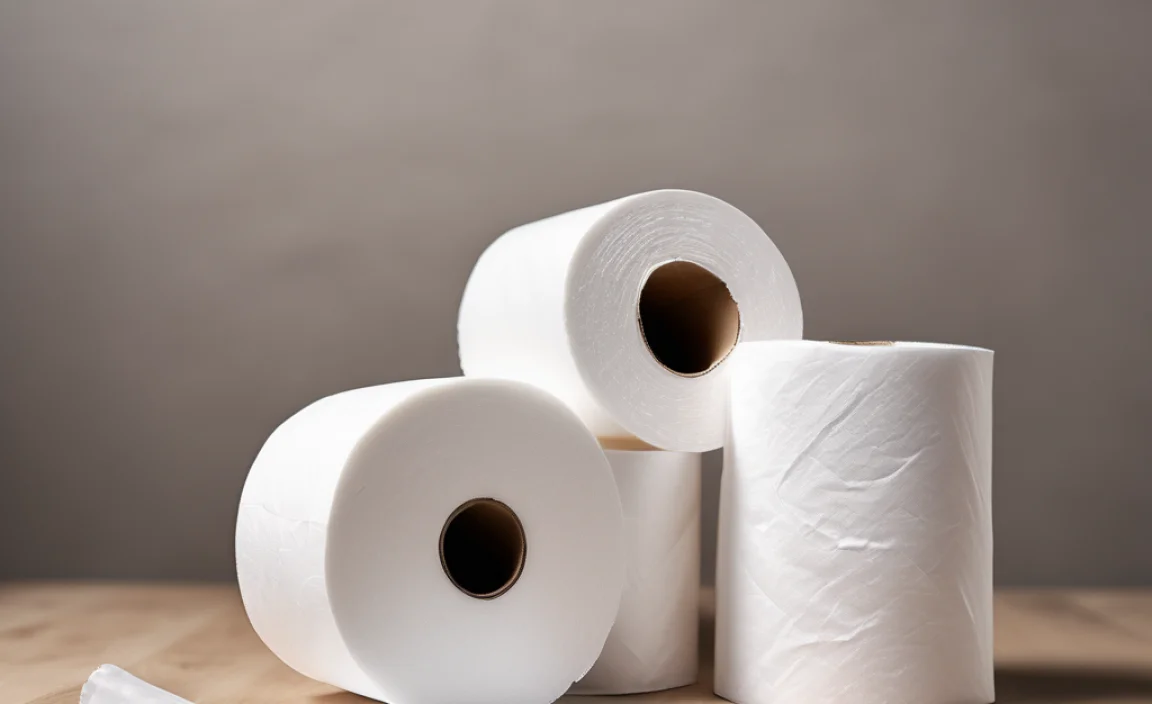
While you can’t use your FSA for toilet paper, there are still plenty of ways to save money on household essentials. Let’s explore some alternatives.
Coupons and Discounts
One of the easiest ways to save money is by using coupons and discounts. Here’s how:
- Manufacturer Coupons: Check manufacturer websites for printable coupons.
- Retailer Coupons: Sign up for retailer newsletters to receive coupons and exclusive deals.
- Coupon Websites: Use coupon websites like Coupons.com or RetailMeNot.
- Mobile Apps: Download apps like Ibotta or Fetch Rewards to earn cashback on your purchases.
Bulk Buying
Buying in bulk can significantly reduce the cost per unit. Consider these options:
- Warehouse Clubs: Join warehouse clubs like Costco or Sam’s Club for bulk discounts.
- Online Retailers: Purchase bulk items from online retailers like Amazon or Boxed.
- Stock Up During Sales: Take advantage of sales events to stock up on essentials.
Generic Brands
Opting for generic or store brands can save you a lot of money without sacrificing quality. Here’s why:
- Lower Prices: Generic brands are typically cheaper than name brands.
- Comparable Quality: In many cases, generic brands offer comparable quality.
- Try It Out: Experiment with different generic brands to find your favorites.
Budgeting and Planning
Creating a budget and planning your purchases can help you manage your spending effectively. Here’s how:
- Create a Budget: Set a budget for household essentials and stick to it.
- Plan Your Purchases: Make a shopping list before heading to the store to avoid impulse buys.
- Track Your Spending: Use a budgeting app or spreadsheet to track your expenses.
Real-Life Scenarios and Examples

To further illustrate the rules around FSA eligibility, let’s look at some real-life scenarios.
Scenario 1: The Common Cold
Imagine you have a common cold and need over-the-counter medications like cough syrup and pain relievers. Are these FSA eligible?
Answer: Yes, but with a caveat. Over-the-counter medications generally require a prescription to be FSA eligible. Ask your doctor for a prescription for these items, and you can then use your FSA to pay for them.
Scenario 2: Contact Lenses and Solution
You wear contact lenses and need to purchase new lenses and solution. Are these FSA eligible?
Answer: Yes, both contact lenses and contact lens solution are FSA eligible as they are considered vision care expenses.
Scenario 3: A First-Aid Kit
You want to purchase a first-aid kit for your home. Are the items in the kit FSA eligible?
Answer: Generally, yes. Items like bandages, antiseptic wipes, and pain relievers in a first-aid kit are FSA eligible. However, luxury items or non-essential components might not be.
Scenario 4: Special Toilet Paper for Medical Reasons
You have a specific medical condition, such as severe hemorrhoids, and your doctor recommends a particular type of soft, hypoallergenic toilet paper. Is this FSA eligible?
Answer: Possibly, but you’ll need documentation. If your doctor prescribes the specific toilet paper and provides a letter of medical necessity, you may be able to get it approved for FSA reimbursement. This is a rare exception, though.
Tips for Maximizing Your FSA Benefits
To make the most of your FSA, consider these tips:
- Plan Ahead: Estimate your healthcare expenses for the year to contribute the right amount.
- Keep Receipts: Always keep your receipts for eligible expenses.
- Submit Claims Promptly: Submit your claims as soon as possible to avoid missing deadlines.
- Understand the Deadlines: Know the deadlines for using your FSA funds and submitting claims.
- Use FSA-Eligible Products: Prioritize FSA-eligible products when making health-related purchases.
Table: Common Items and FSA Eligibility
| Item | FSA Eligible? | Notes |
|---|---|---|
| Toilet Paper | No (Generally) | Rare exceptions with a doctor’s prescription for a specific medical condition. |
| Sunscreen | Yes | Essential for preventing skin cancer. |
| Band-Aids | Yes | For treating minor cuts and wounds. |
| Contact Lenses | Yes | Vision correction. |
| Contact Lens Solution | Yes | Necessary for contact lens use. |
| Over-the-Counter Medications | Yes (with prescription) | Requires a prescription from your doctor. |
| Prescription Medications | Yes | Standard medical expense. |
| First-Aid Kit | Mostly | Essential medical items are eligible. |
| Vitamins | No (Generally) | Unless prescribed by a doctor for a specific condition. |
Table: Strategies to Save Money on Household Items
| Strategy | Description | Benefits |
|---|---|---|
| Coupons and Discounts | Use manufacturer and retailer coupons. | Reduces the cost of individual items. |
| Bulk Buying | Purchase items in large quantities. | Lowers the cost per unit. |
| Generic Brands | Opt for store or generic brands. | Cheaper than name brands with comparable quality. |
| Budgeting and Planning | Create a budget and plan your purchases. | Helps manage spending and avoid impulse buys. |
| Cashback Apps | Use apps like Ibotta or Fetch Rewards. | Earn cashback on everyday purchases. |
FAQ: Understanding FSA Eligibility
1. What is an FSA?
An FSA (Flexible Spending Account) is a pre-tax savings account used for eligible healthcare expenses. It lowers your taxable income and helps you pay for medical costs.
2. What types of expenses are typically FSA eligible?
Common FSA-eligible expenses include doctor visits, prescription medications, dental care, vision care, and medical equipment.
3. Is toilet paper FSA eligible?
No, toilet paper is generally not FSA eligible because it’s considered a personal hygiene item, not a medical expense.
4. Are there any exceptions where toilet paper might be FSA eligible?
Yes, if your doctor prescribes a specific type of toilet paper for a medical condition, you may be able to get it covered with proper documentation.
5. How can I check if an item is FSA eligible?
Check your FSA provider’s website, use an FSA eligibility checker, contact your FSA administrator, or consult IRS Publication 502.
6. What happens if I use my FSA for a non-eligible expense?
If you use your FSA for a non-eligible expense, you’ll need to pay the money back or risk losing your FSA benefits.
7. What are some strategies for saving money on household essentials since I can’t use my FSA for them?
Use coupons, buy in bulk, opt for generic brands, and create a budget to manage your spending on household essentials effectively.
Conclusion
So, while you can’t typically use your FSA to buy toilet paper, understanding the rules and regulations around FSA eligibility can help you make the most of your healthcare benefits. Remember, FSAs are designed for medical expenses, and it’s essential to know what qualifies to avoid any issues. While it might be disappointing that you can’t use your FSA for everyday essentials like toilet paper, there are still plenty of ways to save money through coupons, bulk buying, and smart budgeting. By planning and staying informed, you can manage your healthcare expenses and household budget effectively. Keep those receipts handy, and make the most of your FSA!

